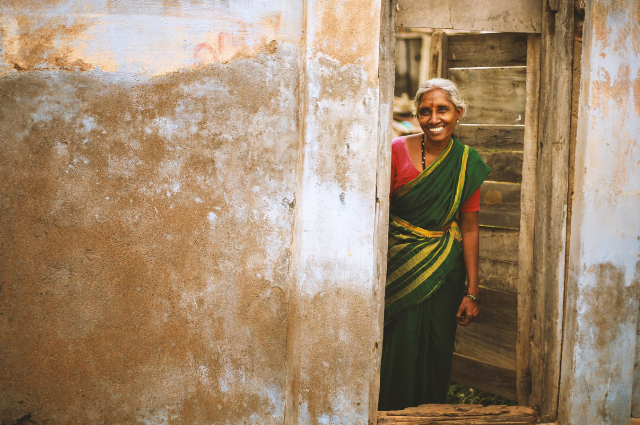
Photo by Vignesh Moorthy on Unsplash
In the early 1960s, in our small village where owning a well was considered a privilege bestowed upon only a few fortunate families. The caste system was deeply ingrained in society, and strict divisions separated people based on their social status. It was a challenging time, but even in those circumstances, the incident of me and Kunjavarachi Umma unfolded.
During my childhood, there were many ladies who used to come to our well to fetch water. At that time, there were strict caste divisions, and they were not allowed to fetch water from our well. As children, we were often asked by our elders to fetch water. While we understood the importance of helping them, we didn't always relish the task. There were times when we would be in the middle of playing games or exploring our surroundings, and when mom called us to fetch water, we couldn't hide our reluctance. It was a common childhood sentiment — the interruption of our fun adventures to perform a chore we didn't particularly enjoy. Despite our grumbles, we knew deep down that it was a small sacrifice.
But we children only liked to fetch water for our Umma. We knew deep down that it was a small sacrifice to make for the delicious, boiled tapioca she would hide in her pot for us in return. In my childhood, it was a wonderful treat for us. So, with some reluctance, we would set aside our playtime and head to the well to fill the containers for our Umma.
Sometimes, as we grow older, we look back on our past actions and realize the significance of the small acts of kindness we performed, like giving water to those needy. These memories can bring both nostalgia and a sense of sadness, especially when we remember people who are no longer with us. It's a testament to the lasting impact of such gestures, as they become cherished moments in the tapestry of our lives. Your willingness to help and the fond memories you created during your childhood continue to hold a special place in your heart, even as time goes by.
As the years rolled by, I grew into a wise and compassionate woman. I carried the lessons of my childhood with me, understanding the value of empathy and kindness. The memories of fetching water for Umma and the delicious tapioca remained etched in my heart.
Although Umma was no longer with us, her memory lived on as a symbol of the power of compassion and the ability to create positive change. And so, the story of me and our Umma became an enduring tale of how one person's kindness could ripple through time, leaving a legacy of love, understanding, and positive change for all.
